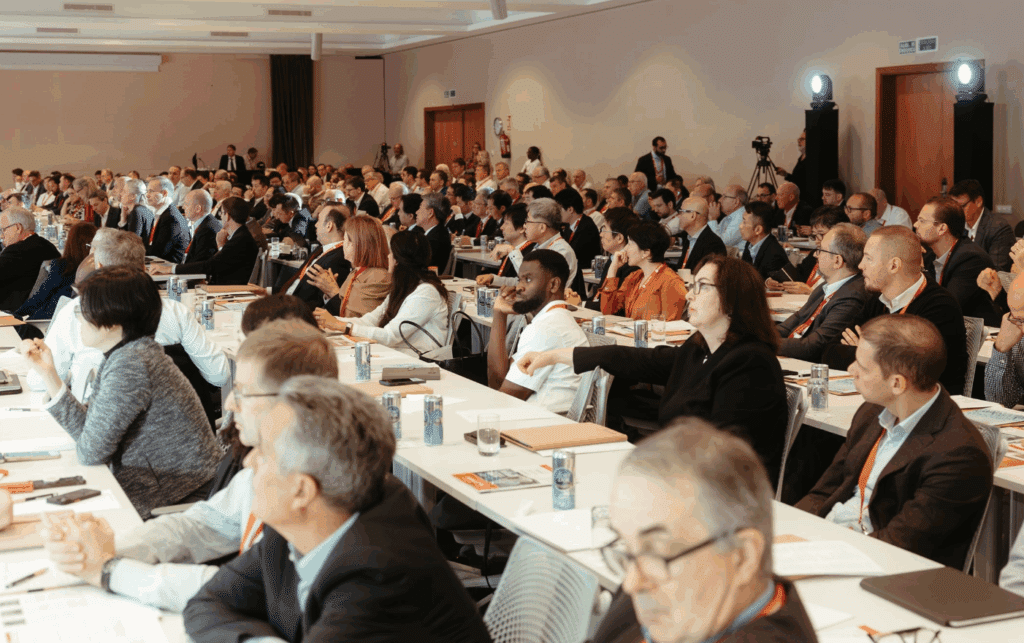The most sustainable beverage packaging on the planet is gaining ground and winning over more and more consumers
The Brazilian Association of Aluminum Can Manufacturers (Abralatas), the entity that represents the aluminum beverage can sector in Brazil, presented data for the first half of 2024 with sales 12% higher than the same period in 2023 and expects to close the year with high-digit growth.
Allied to the advantages of the aluminum can, the sector is following the path paved by economic growth following the positive results of this year’s Brazilian GDP. According to the executive president of Abralatas, Cátilo Cândido, Brazilian cans have been resuming growth since 2023, after a period of adjustment with the end of the pandemic. “We’ve had a very hot summer this year, which favors the consumption of beverages, and economic growth that has resumed positive rates in the country and increased the population’s consumption power, combined with the strength of the aluminum can in the beverage segment, with new canned products all the time,” explains
president.
One of the highlights of the period was the diversity of products that reach consumers in aluminum cans. Many of these products are growing in the country and are becoming increasingly popular with consumers, such as the so-called “RTDs” (Ready to Drink drinks), cachaça, energy drinks, non-alcoholic beer, wines and sparkling wines, which are gaining more and more space on shelves and menus.

According to Cátilo Cândido, this movement follows a worldwide trend and puts the country at the forefront of the beverage packaging sector. “We already have more than 20 types of beverages packaged in aluminum cans in Brazil. Beer continues to be the flagship, with growth of 10%, as well as soft drinks, which grew by 23% in the first half of this year. These are figures that we celebrate and represent a clear conscious choice by the consumer, who sees the aluminum can as a safe, convenient and truly sustainable option,” says the executive.
35 years of Brazil
In addition to the positive result, the sector is celebrating its 35th anniversary this month. The first Skol can was produced in Pouso Alegre (MG) in 1989. Since then, the can has evolved and become part of Brazilians’ lives, offering safety for the consumer, as it doesn’t break; and preservation of the drink (with flavor protection by preventing light and air from entering), as well as convenience in transport, speed in refrigerating the drink and relaxation with its colorful labels for any occasion.
The growth of aluminum cans in Brazil is surprising and constant. Since 1989, when aluminum can production began in Brazil, in just ten years, in 1999, 10 billion cans had already been produced. In 2009, this figure was close to 20 billion and, by 2024, it should be close to 34 billion cans. If this figure is confirmed, the Brazilian market will become the third largest in the world, behind only the USA and China.
Sustainability
In addition to the positive growth figures, the sector stands out in the environmental sphere. The aluminum can is the most sustainable beverage packaging on the planet. In this area, Brazil stands out with average recycling rates of over 95% in the country over the last decade, reinforcing the sector as an example of a circular economy. “We’re a real success story around the world when it comes to recycling. We are ahead of European countries, which have an average rate of around 73%, and the United States with 56%, for example. This makes us proud and shows the world that we are working and collaborating intensively in the transition to a low-carbon economy,” concludes Cátilo Cândido.
Interviews and press information
FSB Comunicação | Juliana Fernandes
(61) 99167-0939
juliana.fernandes@fsb.com.br



